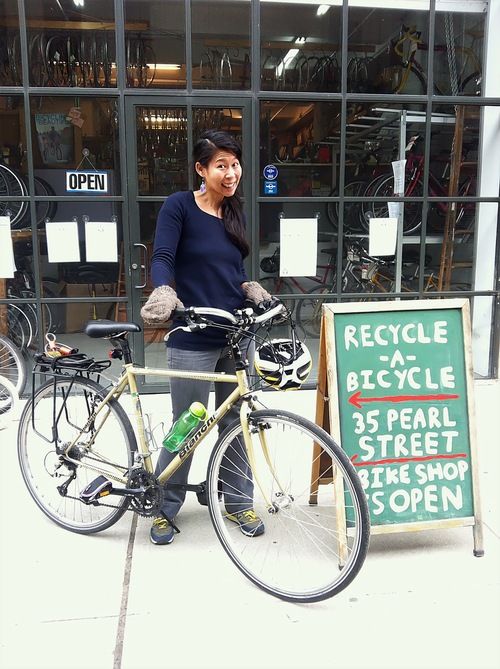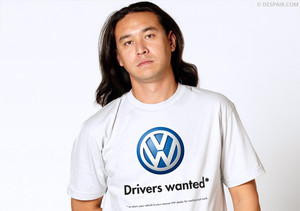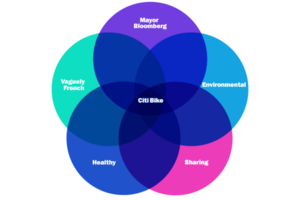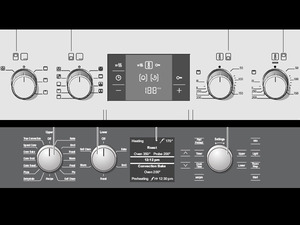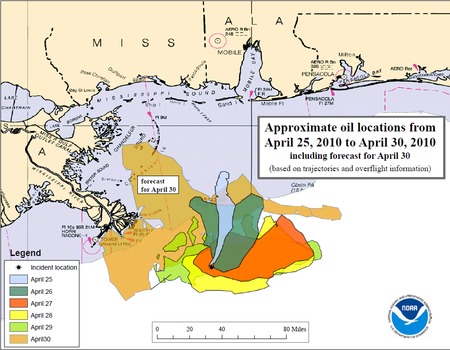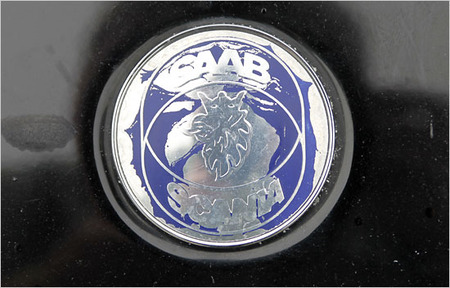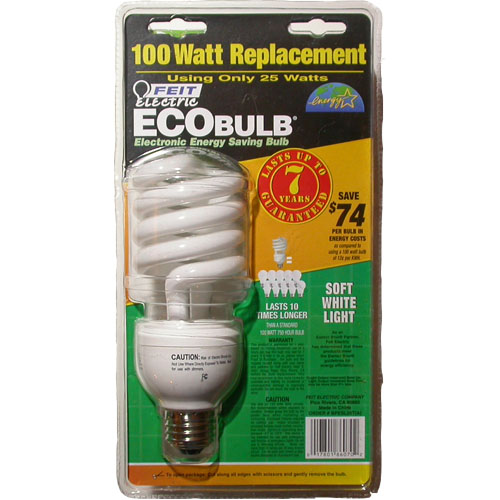The town of Babylon, NY, came up with an offer she couldn't refuse: if she and her husband, Carlos, paid $250 for an energy audit, the town would finance the recommended upgrades. The couple would repay the town at a monthly rate below the savings on their utility bill. The audit, done this month, found that by insulating walls, basement and attic, at a cost of $6,879, the Williamses could save about $1,300 a year.
"It's an excellent deal," said Mrs. Williams, 42, a New York City correction officer. "With the bills and the mortgage, sometimes it's hard to do this at one time." New York City and other major urban centers have ambitious, high-profile environmental programs. But it turns out that throughout the suburbs, towns like Babylon, on Long Island, are exploring and adopting a wide variety of innovative ways to save energy, protect their residents' health and reduce pollution.
And there is only so much change the towns can impose. Requiring that homes be built smaller would greatly shrink the carbon footprint of buildings, but even environmentalists agree this is not realistic.
"There would be no political support to work on that side of the equation," Mr. DeLuca said.
There are other obstacles to going green. Marcia Bystryn, president of the New York League of Conservation Voters, said villages, wary of changing their character, often resist increasing building density even if that means forcing development to go elsewhere and contributing to suburban sprawl. And poor suburbs are less likely than affluent ones to join the movement, she said.
"There are no real resources, and it's unlikely that you'd have the kind of galvanizing leadership in these communities to take on climate issues," Ms. Bystryn said. "Leaders usually advocate for affordable housing and things like that."
But even wealthier areas need financial incentives in order to draw participants like Mrs. Williams. So far more than 200 homes have been audited, with potential savings of close to $1,000 a year each on average.
The town pays for the program, now a pilot, with $2 million from its solid waste reserve fund. New state and federal laws, and millions of dollars in federal stimulus grants, have also helped spur such initiatives.
"This is a program that helps the environment, helps homeowners save money, creates local jobs, reduces our reliance on fossil fuels and it's at no cost to taxpayers," said Steve Bellone, Babylon's town supervisor.
Mr. Levy, of Hofstra, noted that the fragmented government on Long Island, with its many towns and special districts, often means competition for development projects or government grants -- and that the quest to go green has created healthier rivalries.
"All the town supervisors want to be known as the leanest and greenest," he said.
Mr. Bellone said he strongly believed that sustainability was a matter of survival.
"Over time, residents are going to demand it, and housing stock and commercial stock that are green are going to be more valuable," he said. "This positions Babylon to be a prosperous community for the long term."
A version of this article appeared in print on October 11, 2009, on page MB1 of the New York edition.
Continue reading "Green and Greener in Suburban Towns" »
